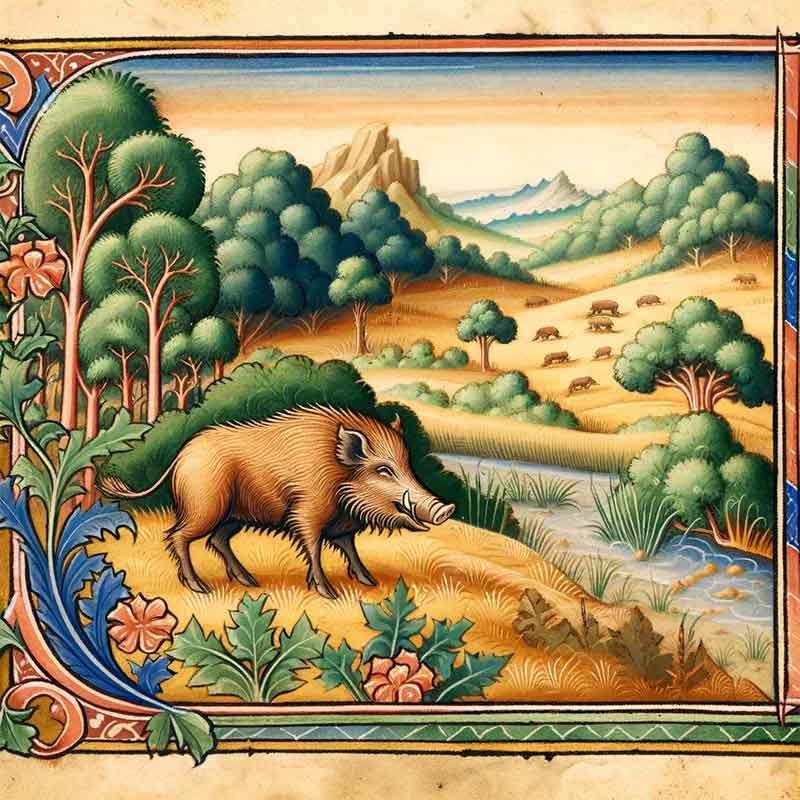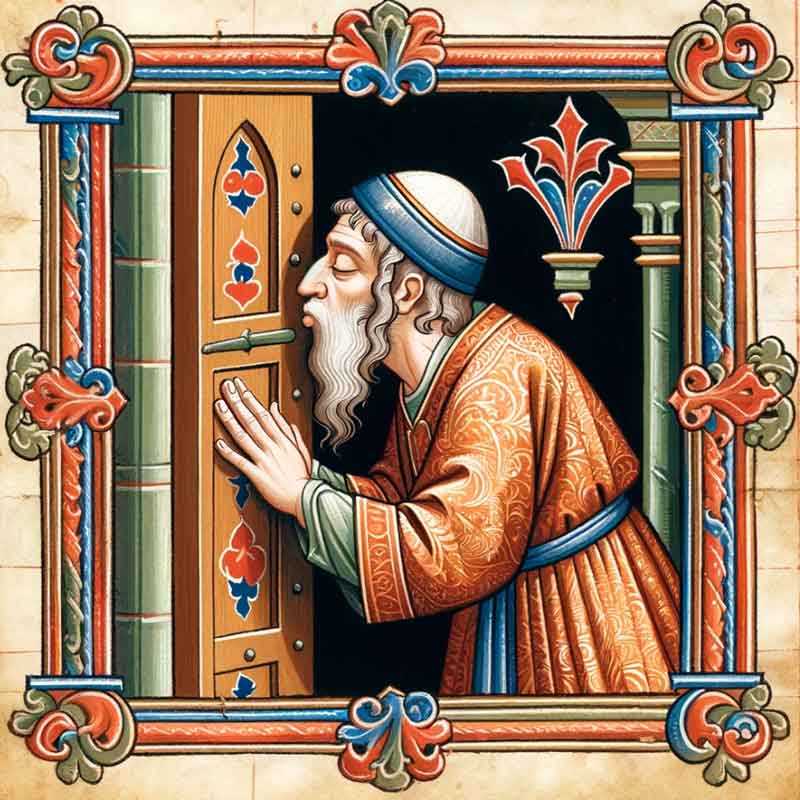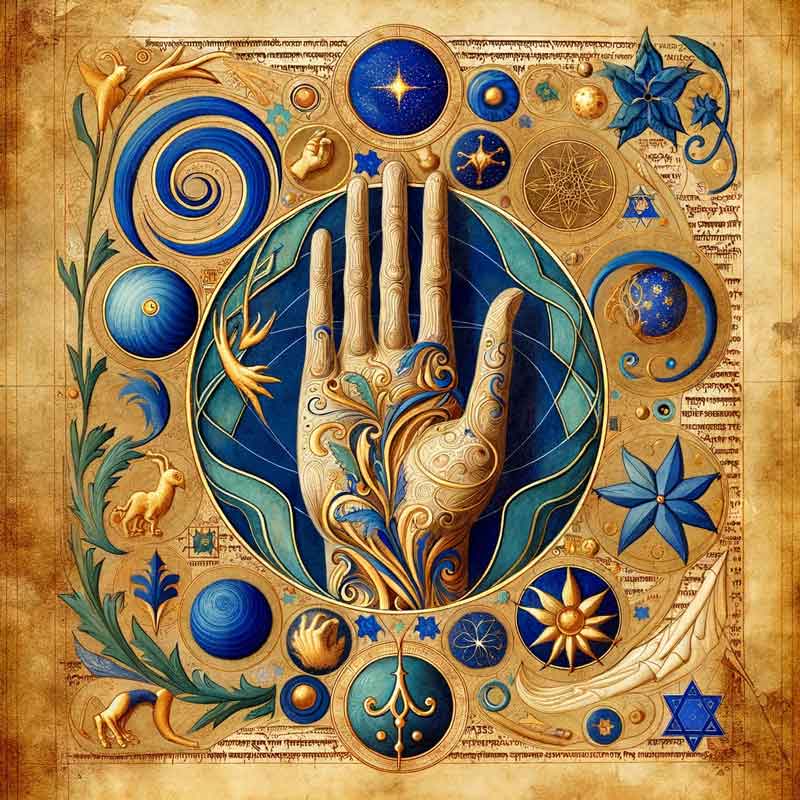From: Michael Bernstein
Subject: Inquiry about Dietary Laws in Judaism
Dear Rabbi Joshua,
I’ve always been curious about the Jewish dietary laws, particularly the restriction against pork. Could you please explain why Jews do not eat pork?
Thank you for your guidance,
Michael
The Basis of the Prohibition
Dear Michael,
Thank you for your question, which touches upon one of the fundamental aspects of Jewish dietary laws, known as kashrut. The prohibition against eating pork is explicitly mentioned in the Torah, in the book of Vayikra (Leviticus), where it states: “וְאֶת-הַחֲזִיר, כִּי-מַפְרִיס פַּרְסָה הוּא וְשֹׁסַע שֶׂסַע, וְהוּא גֵּרָה לֹא יִגָּר: טָמֵא הוּא לָכֶם” (Leviticus 11:7). This verse explains that the pig, though it has split hooves, does not chew its cud – it is therefore unclean for you.
Understanding Kashrut
The laws of kashrut are divine statutes for which the Torah does not explicitly state a reason. They are considered a type of chukim, laws that transcend human understanding. Observance of these laws is a mark of obedience to God’s will, as expressed in the Torah, and a commitment to spiritual discipline. The separation of certain animals as permissible or forbidden is one of the ways in which the Jewish people maintain their distinct spiritual identity, as per the verse: “לְהַבְדִּיל בֵּין הַטָּמֵא וּבֵין הַטָּהוֹר” – “to distinguish between the unclean and the clean” (Leviticus 11:47).
Health, Morality, and Symbolism
While the Torah does not provide explicit reasons for the prohibition of pork, various commentators have explored potential explanations ranging from health concerns to moral and symbolic interpretations. Maimonides, a preeminent medieval Jewish philosopher, suggested that the forbidden animals were generally considered impure due to their habits. Others have seen in these laws a call to elevate the act of eating from a physical necessity to a spiritual practice, infusing everyday life with holiness.
Contemporary Significance
In today’s world, the observance of kashrut continues to serve as a connection to Jewish tradition and history. It acts as a constant reminder of the Jewish people’s unique relationship with the Divine and the commitment to sanctify life in its most mundane facets. For the observant Jew, following dietary laws is not merely about health or ethics; it is about maintaining a sacred bond with God, community, and tradition.
Michael, I hope this helps to clarify the reasons behind the prohibition of pork in Jewish tradition. It is a multifaceted subject that encompasses obedience, identity, and spirituality. If you have further questions or seek more in-depth study, I am at your service.
Blessings,
Rabbi Joshua


